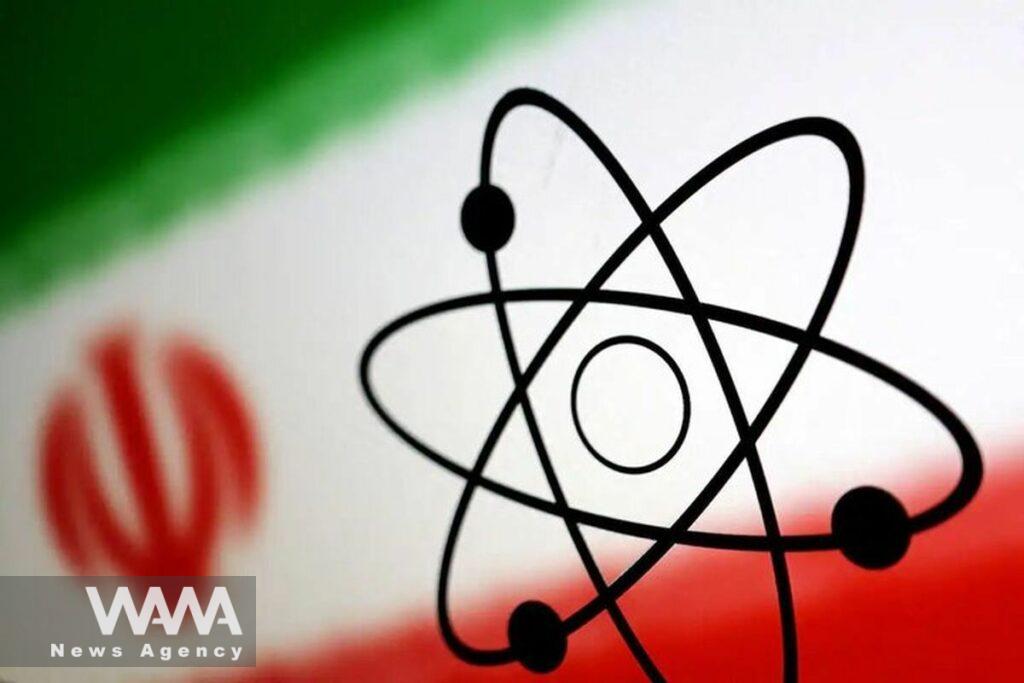The Final Opportunities for the JCPOA
WANA (Dec 21) – One of the reasons behind the urgency of renewed negotiations over the JCPOA (Joint Comprehensive Plan of Action) is the approaching expiration of a specific provision in the agreement in October 2025.
If the remaining 10-month period passes without successful negotiations, the “snapback” mechanism will be triggered automatically, reinstating the UN sanctions against Iran in accordance with the provisions of the JCPOA. This is why both parties, especially the European Troika, are more determined than Iran to make progress in negotiations.
Their haste is driven by two main objectives:
1. Gaining concessions beyond the JCPOA, such as imposing limits on Iran’s missile capabilities.
2. Preventing Iran from achieving nuclear capabilities.
However, the United States and the European Troika have not fulfilled their commitments under the JCPOA. Instead, they imposed hundreds of new sanctions against Iran, while the Islamic Republic of Iran fully adhered to its obligations and endured heavy losses as a result.
Despite this, Iran’s diplomatic efforts in the remaining time are focused on bringing Europe and the U.S. back to compliance with the JCPOA and lifting the sanctions. Yet, the prospects for success appear dim.
Several reasons have made Iran’s position weaker from a legal perspective and clouded its future outlook:
1. The rushed acceptance of the JCPOA’s unfair provisions constituted a significant injustice against Iran.
2. The snapback mechanism’s negative consequences are designed to affect only Iran, while no penalties are stipulated for the non-compliance of other parties.
3. The absence of a “Bet Right” clause for Iran within the JCPOA, granting such a privilege solely to the opposing parties.
4. The intricately crafted voting mechanism in the UN Security Council is deliberately structured in a way that does not serve Iran’s interests. For instance, if the JCPOA dispute resolution mechanism refers the case to the Security Council, a single veto by a permanent member can automatically reimpose the sanctions, as there is no veto option for preventing the snapback mechanism from being triggered.

In simpler terms, voting does not occur to reinstate sanctions; instead, it happens to maintain the suspension of sanctions. If even one of the five veto-wielding members opposes this suspension, the snapback mechanism under Articles 36 and 37 of the JCPOA will be activated, reinstating all six pre-2015 Security Council resolutions against Iran.
Iran has already fulfilled its one-sided obligations under the JCPOA, with nothing left to lose. However, if Europe and the U.S. insist on extracting concessions beyond the JCPOA, it is evident that Iran will reject their demands and may consider withdrawing from the NPT (Non-Proliferation Treaty). After all, activating the snapback mechanism would effectively dismantle the JCPOA, paving the way for Iran to accelerate its enrichment activities and achieve its nuclear goals—something its adversaries want to avoid at all costs. Such a scenario could escalate tensions and entail significant costs for both sides.
Nonetheless, the internal discord between Trump and the European countries regarding issues such as America’s hegemonic policies, unilateralism, withdrawal from international treaties (e.g., the Paris Agreement, the Human Rights Council), NATO funding disputes, and Europe’s unwavering support for Ukraine, may present new opportunities for Iran. Notably, some EU members view Trump’s withdrawal from the JCPOA as legally illegitimate and could pressure the European Troika (France, Germany, and the UK) during negotiations despite lacking voting rights.
In conclusion, while bilateral talks between Iran, the European Troika, and the U.S. to revive the JCPOA may not seem highly promising, they are neither entirely futile nor beyond expectation. Both sides understand the critical nature of Iran’s nuclear progress, and any negotiation must weigh the opportunities, threats, weaknesses, and strengths of each party.
At the very least, continued dialogue until the JCPOA’s expiration in October next year serves to eliminate any pretexts for blaming Iran for withdrawing prematurely. Leaving the JCPOA before its expiration would have also triggered the snapback mechanism, which Iran has avoided despite suffering significant harm.
Only time will tell where these negotiations will lead as the final days approach.













